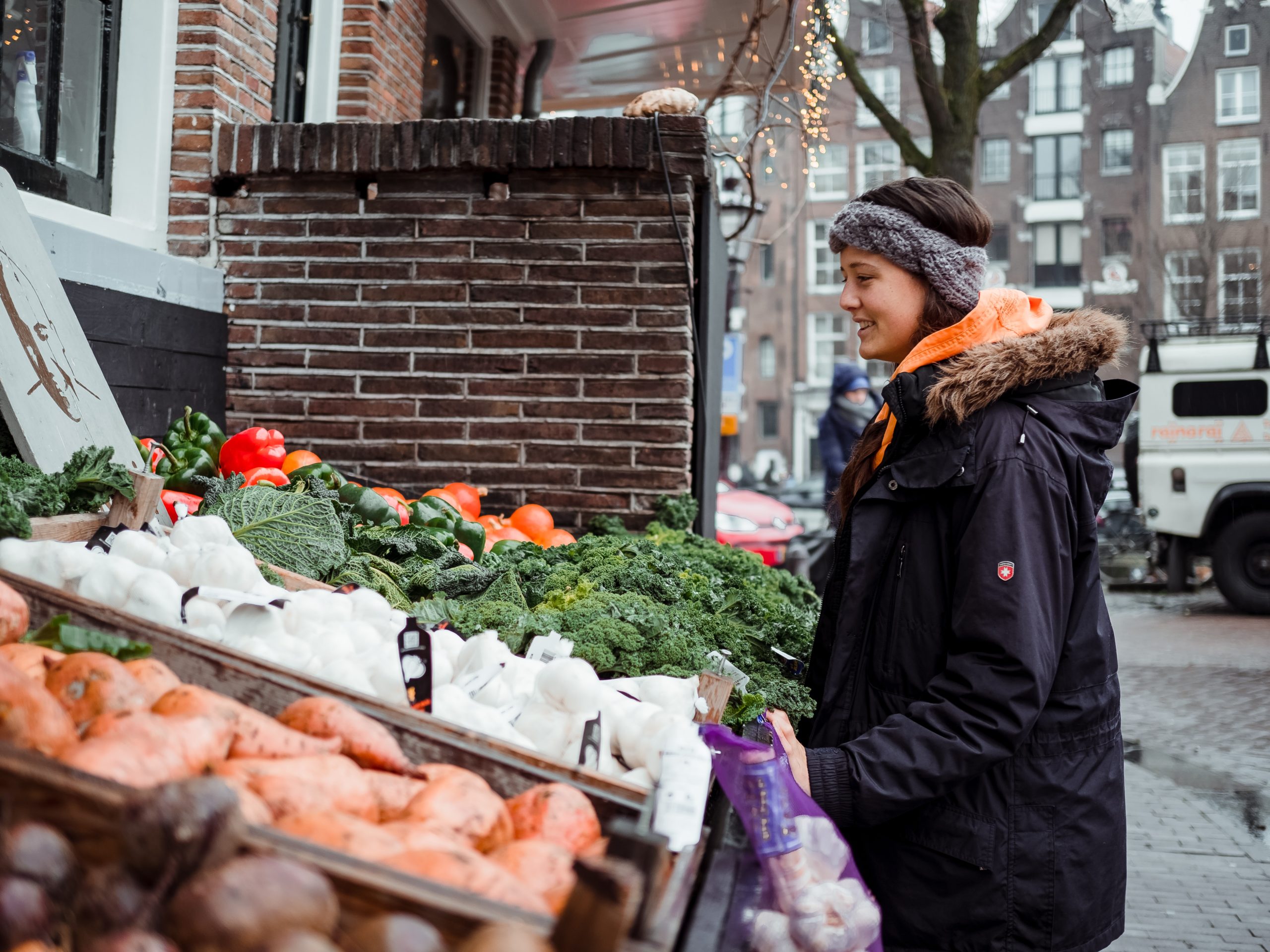In today’s fast-paced world, where globalization and industrialization have become the norm, we often see corporations overshadowing local economies. However, there is a growing movement towards living a lifestyle that emphasizes the importance of supporting and strengthening our local economies. This article delves into the relationship between organic living and local economies, highlighting the advantages of this mutually beneficial partnership and its potential to create a more sustainable and prosperous future.
The Emergence of Organic Living
Organic living revolves around embracing practices and making conscious efforts to minimize the negative impacts of human activities on our planet. It encompasses various aspects of our lives, including what we eat, the products we use, and even how we build and maintain our homes. One core principle of organic living is supporting local economies, as they hold the power for positive change.
Boosting Local Agriculture
At the heart of organic living lies a strong connection to local agriculture. Organic food production prioritizes sustainable farming practices, such as crop rotation, using non-GMO seeds, and minimizing pesticide usage. By supporting farmers who adhere to these principles, individuals gain access not only to healthier and more nutritious food but also contribute significantly to the vitality of their local economies.
Local community-based organic farms play a crucial role in generating employment opportunities, fostering growth, and enhancing food security. With the growing preference for locally sourced and organic produce among consumers, these farms contribute to a sense of community ownership and pride. Consequently, they play a pivotal role in the development of local economies.
Fostering Community Engagement and Collaboration
One remarkable aspect of embracing the organic living movement is its ability to promote community engagement and collaboration. Farmers markets, community-supported agriculture (CSA) programs, and co-ops are all integral components of this movement. These initiatives facilitate connections between producers and consumers, cultivating trust and mutual benefits.
By choosing to purchase fruits, vegetables, and other products directly from farmers or through community-driven enterprises, individuals establish a symbiotic relationship within their communities. This circulation of money within the local economy avoids enriching corporate entities at the expense of local prosperity. As a result, it not only strengthens economies but also contributes funds towards essential services like education, healthcare, and infrastructure development.
Additionally, supporting artisans and craftspeople who create handmade goods is another significant aspect of embracing an organic lifestyle. These skilled individuals often use locally sourced materials, which helps reduce carbon emissions associated with transportation and manufacturing processes. By supporting artisans and their craftsmanship, consumers play a role in preserving traditional skills and techniques while promoting sustainable practices. The benefits are numerous: artisans can earn a livelihood doing what they are passionate about, communities gain access to unique and high-quality products, and the local economy thrives.
Sustainable Dwellings
The concept of organic living extends to the realm of housing and construction. Sustainable architecture and eco-friendly building materials have gained popularity not only due to their positive impact on the environment but also because they contribute to supporting local economies.
Local construction companies specializing in sustainable building practices generate employment opportunities and stimulate the housing market. The demand for energy-efficient homes constructed with locally sourced materials drives the growth of these businesses. Homeowners benefit from lower utility bills and a smaller carbon footprint, while local economies enjoy the rewards of increased construction activity.
Local Tourism and Outdoor Activities
Embracing organic living often involves developing a deeper connection with the natural world. This connection leads individuals to appreciate their local landscapes and ecosystems fully. As a result, many individuals who embrace organic living seek out activities within their local surroundings.
This interest in local tourism and outdoor recreation has economic implications, as it supports various local businesses such as bed and breakfast establishments, outdoor adventure companies, and locally based guides. By choosing to embark on these local adventures, enthusiasts of organic living not only get to experience the beauty of their own region but also contribute to its economic development.
Challenges and Solutions
While the alliance between organic living and local economies shows promise, it’s important to recognize the obstacles that could impede its widespread adoption.
Cost: Organic and locally sourced products can sometimes come with a higher price tag compared to their conventional counterparts. However, this challenge can be addressed through government incentives, subsidies, and educating consumers about the long-term benefits of supporting local economies.
Accessibility: In some areas, access to locally made goods may be limited. This issue can be tackled by promoting local agriculture, offering support for initiatives, and investing in infrastructure that facilitates the distribution of local products.
Awareness: Many individuals are still unaware of the advantages that organic living brings and the positive impact it can have on local economies. Education efforts and outreach are vital in increasing awareness and driving change.
Organic living holds the potential to revitalize and strengthen local economies. By supporting agriculture, artisans, and sustainable practices, individuals forge connections within their communities while promoting economic growth. This movement is more than just a lifestyle choice; it paves the way towards a sustainable, resilient, and prosperous future for communities worldwide.
As more and more people embrace the idea of organic living, they actively contribute to a shift that emphasizes local economies, environmental stewardship, and the welfare of generations to come. Through their choices and actions, individuals become agents of change, fostering a harmonious relationship between organic living and the prosperity of their communities.









